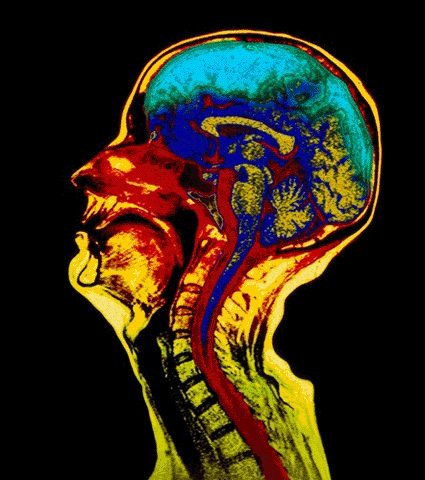Structural MRI Shows Brain Atrophy Pattern that Predicts Alzheimer's Disease
By MedImaging International staff writers
Posted on 09 Mar 2009
Using special magnetic resonance imaging (MRI) methods, researchers have identified a pattern of regional brain atrophy in patients with mild cognitive impairment (MCI) that indicates a greater likelihood of progression to Alzheimer's disease (AD). Posted on 09 Mar 2009
The investigators' findings were published in February 2009 in the online edition of the journal Radiology. "Previously, this pattern has been observed only after a diagnosis of probable Alzheimer's disease,” said the study's lead author, Linda K. McEvoy, Ph.D., assistant project scientist in the department of radiology at the University of California, San Diego School of Medicine (La Jolla, USA). "Our results show that some individuals with MCI have the atrophy pattern characteristic of mild Alzheimer's disease, and these people are at higher risk of experiencing a faster rate of brain degeneration and a faster decline to dementia than individuals with MCI who do not show that atrophy pattern.”

Image: Colored magnetic resonance imaging (MRI) scan of a sagittal section through the brain of a 51-year-old male, showing cerebral atrophy (Photo courtesy of Simon Fraser / Royal Victoria Infirmary, Newcastle Upon Tyne / SPL).
One of the goals of modern neuroimaging is to help in early and accurate diagnosis, which can be challenging. There is no cure for AD, but when it is diagnosed early, drug treatment may help improve or stabilize patient symptoms. In AD, nerve cell death and tissue loss cause areas of the brain to atrophy. Structural MRI allows radiologists to visualize slight anatomic alterations in the brain that signal atrophy. MCI is associated with an increased risk of progression to Alzheimer's disease. Rates of progression vary. Some patients progress quickly, while others remain stable for relatively long periods of time.
For the study, Dr. McEvoy and colleagues set out to determine if they could identify a pattern of regional atrophy characteristic of mild AD in order to aid in the prediction of cognitive decline in patients with MCI. In the study, the researchers evaluated brain MR images from 84 patients with mild Alzheimer's disease, 175 patients with MCI, and 139 healthy controls, using with semi-automated, individually specific quantitative MRI methods. The results showed widespread cortical atrophy in some patients with MCI, involving all cortical areas except those involved with processing of primary motor and sensory information. However, most indicative of future cognitive decline were atrophy in parts of the medial and lateral temporal lobes and in the frontal lobes. This pattern was also present in the patients with mild AD.
"Although these individuals are reporting problems mainly with memory, the atrophy involves more than just memory areas, extending into brain regions involved in planning, organization, problem solving, and language,” Dr. McEvoy said.
Follow-up data were available for 160 patients with MCI. The patients exhibiting atrophy in the brain regions described showed significant one-year clinical decline and structural brain loss and were more likely to progress to a probable diagnosis of AD. MCI patients without that pattern of atrophy remained stable after one year.
Dr. McEvoy hopes that these findings will have an impact on the design of clinical trials to test medications that may suppress or halt the progression of AD. "Currently there are no treatments that will prevent or cure Alzheimer's disease, but information about risk of rapid decline may help patients with MCI and their families plan for the future,” Dr. McEvoy said.
University of California San Diego School of Medicine
Related Links:














